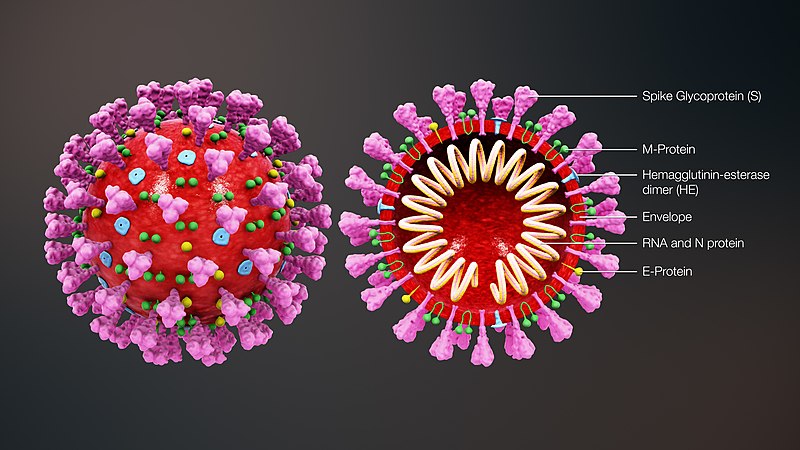
Since the outbreak of the 2019 novel coronavirus (COVID-19), there has been a surge in reports of discrimination and violent attacks against Asian Americans across the country.
Many of these attacks have been inspired and fueled by misinformation, including misconceptions that Asians are more likely to carry and spread the virus, or conspiracy theories that China created COVID-19 in a lab.
Members of the Congressional Asian Pacific American Caucus (CAPAC) sent a letter Friday (Feb. 28) led by CAPAC Chair Rep. Judy Chu (CA-27) to fellow Congressmembers urging them to help stop the spread of xenophobia and misinformation by only sharing confirmed and verifiable information pertaining to COVID-19, how it spreads, and how Americans should protect themselves.
“As elected representatives, we have a responsibility during a public health crisis to use our unique platform to calm our constituents’ fears, not stoke them. We therefore encourage all Members of Congress to share only confirmed and verifiable information about COVID-19 and dispel misinformation,” wrote the members.
“Let us be clear: the dissemination of false information about COVID-19 is dangerous for public health and for American citizens who are increasingly becoming the victims of racist and xenophobic attacks. Our constituents are understandably worried about the spread of this disease and are looking to us for guidance and reassurance. But sharing inaccurate information or unconfirmed reports runs the risk of increasing fears and inciting violence. That is why we encourage you to consult with the CDC and the World Health Organization, as well as your local public health agencies, to ensure that your advice to constituents is accurate and does not stoke unfounded fears.”
The letter was sent before a second California county announced that one of its residents had contracted the virus even though there was no known contact with anyone who has tested positive for the coronavirus.
The case in Santa Clara County is about an hour south of Solano County where a woman contracted Covid19 with no known contact with anyone who recently traveled in Asia.
Earlier US cases included 14 in people who returned from outbreak areas in China, or their spouses; three people who were evacuated from the central China city of Wuhan; and 42 American passengers on the Diamond Princess cruise ship, which had been quarantined in Japan.
The global count of those sickened by the virus hovered Friday around 83,000 and caused more than 2,800 deaths, most of them in China.
Friday’s news comes one day after Gov. Gavin Newsom revealed that 8,400 people are being monitored in California for coronavirus symptoms, with 33 having tested positive — more than double the number that the CDC had reported for the entire country.

“This new case indicates that there is evidence of community transmission but the extent is still not clear,” said Dr. Sara Cody, Health Officer for Santa Clara County and Director of the County of Santa Clara Public Health Department. “I understand this may be concerning to hear, but this is what we have been preparing for. Now we need to start taking additional actions to slow down the spread of the disease.”
The County of Santa Clara Public Health Department is working closely with the CDC and recommend these measures for individuals and communities to stay healthy amid the COVID-19 outbreak:
- Keep your hands clean. It is one of the most important steps you can take to avoid getting sick and spreading germs to others. And always need to cover your cough and stay home when you are sick.
- Start working on not touching your face because one way viruses spread is when you touch your own mouth, nose or eyes.
- Since we know the disease is here, we all need to stay away from people who are sick.
- Start thinking about family preparedness, how to take care of sick family while not getting infected. Think about a room to isolate a sick person.
AsAmNews has Asian America in its heart. We’re an all-volunteer effort of dedicated staff and interns. Check out our new Instagram account. Go to our Twitter feed and Facebook page for more content. Please consider interning, joining our staff, or submitting a story.

